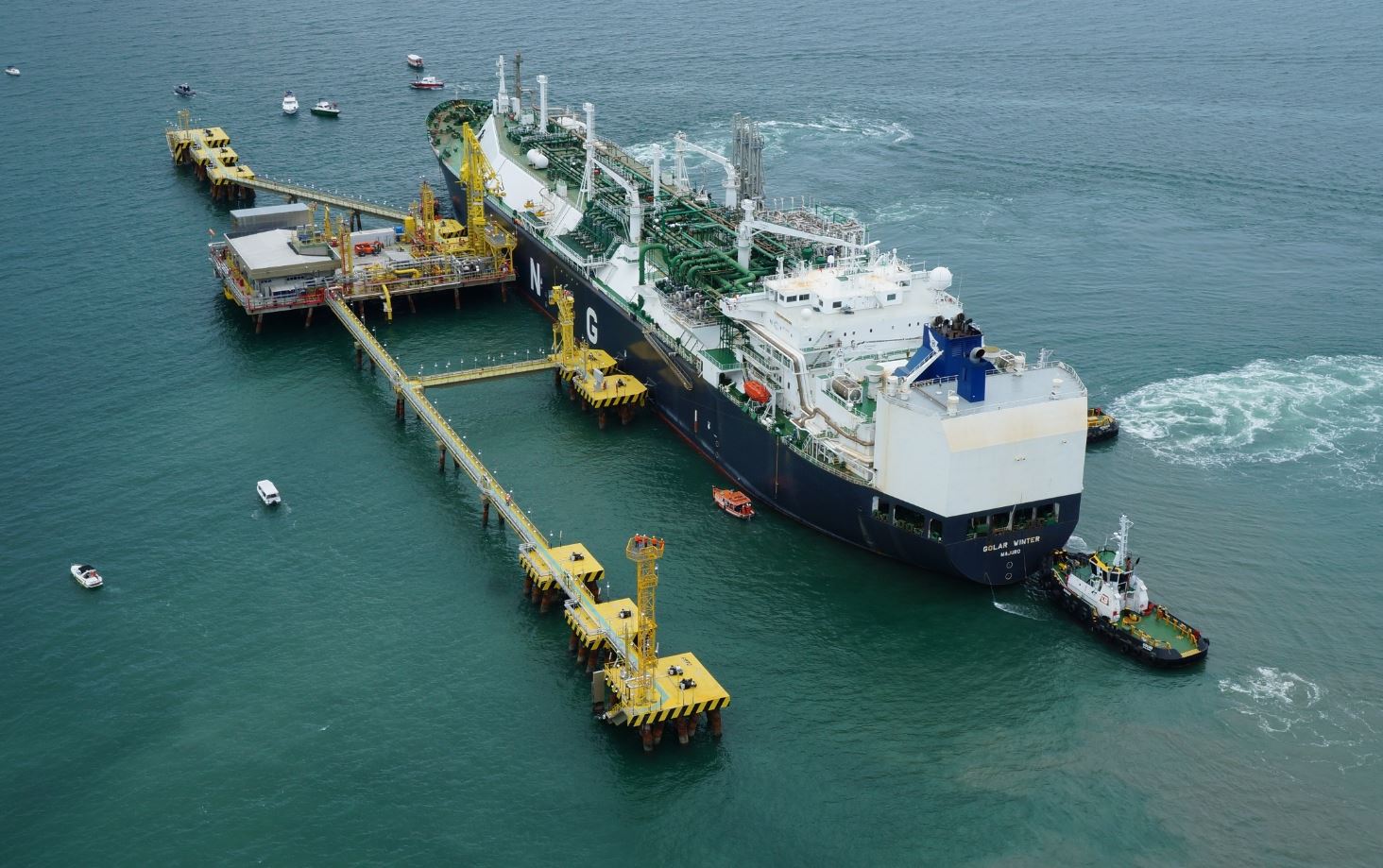
The LNG sector representatives met with Special Assistant to Prime Minister on Revenue Haroon Akhtar Khan on Friday. The industry demanded reduction in withholding tax rates and simplification of customs duties collection on imports of Floating Storage and Regasification Unit (FSRU).
LNG importers are seeking reduction of the withholding tax rates from 5.5% to 1%, bringing it at par with the rates being charged from the public sector. But the government is not likely to make any change before the next budget.
The sector’s demand about rationalisation of withholding tax rates is valid but the Federal Board of Revenue (FBR) can only take a decision on a summary moved by the Petroleum Division, said Khan while talking to The Express Tribune. He said that these taxes and duties are levied under a policy notified by the Petroleum Division and only it can seek a revision.
He said that the government was committed to supporting early and sustainable investments in the LNG sector to meet existing demand and growing energy requirements.
The delegation requested that there should be levy of same taxation for the public as well as private LNG importers to remove cash flow strain on private supply chain. The sector representatives were of the view that high taxes were increasing operational capital requirements, leading ultimately to increased cost of fuel supply to consumers.
The PML-N government has been pushing LNG as an alternative fuel to furnace oil and has provided guarantees for setting up two LNG re-gasification terminals.
A delegation comprising of various oil and gas sector companies met Khan and apprised him of the issues and concerns of the industry regarding the growth of LNG sector in the country. Engro Elengy Terminal Limited Chief Executive Jahangir Piracha and Christopher Mansfield from Shell UK Limited met with the special assistant to PM.
The delegation also requested that the replacement FSRU ships should not be charged customs duty, as these duties have already been imposed on the ships imported for a terminal contract period of 15 years. They also called for amending the applicable regulations to allow such an allowance to facilitate project development and early gas availability.
Khan informed the delegation that the government was keen to further strengthen the LNG sector and all realistic proposals for further boosting this sector would be welcomed and given due consideration while formulating proposals for the upcoming budget.
Meanwhile, the FBR and the Pakistan GasPort Consortium Limited (PGPC) - the company that set up the second LNG terminal - have reportedly resolved a dispute over the Rs1.5-billion outstanding customs duty on import of FSRU. The FBR has allowed the company to make the payments in one year in four instalments. But it has sought only 10% upfront payment - unlike in the case of Engro Elengy terminal that paid 100% duties in advance.
The PGPC will pay an interest rate equal to KIBOR plus 3% on the deferred amount.
Before the start of its FSRU, PGPC was supposed to pay roughly Rs1.5 billion in customs duty at 5% of the FSRU value but the FBR showed lenience and allowed the company to operate the ship. The terminal is providing LNG storage and re-gasification services to state-owned Pakistan LNG Terminals Limited (PLTL) for up to 600 mmcfd for 15 years.
Published in The Express Tribune, January 20th, 2018.
Like Business on Facebook, follow @TribuneBiz on Twitter to stay informed and join in the conversation.

1732184775-0/BeFunky-collage-(80)1732184775-0-165x106.webp)

1731933289-0/BeFunky-collage-(68)1731933289-0-165x106.webp)













COMMENTS
Comments are moderated and generally will be posted if they are on-topic and not abusive.
For more information, please see our Comments FAQ